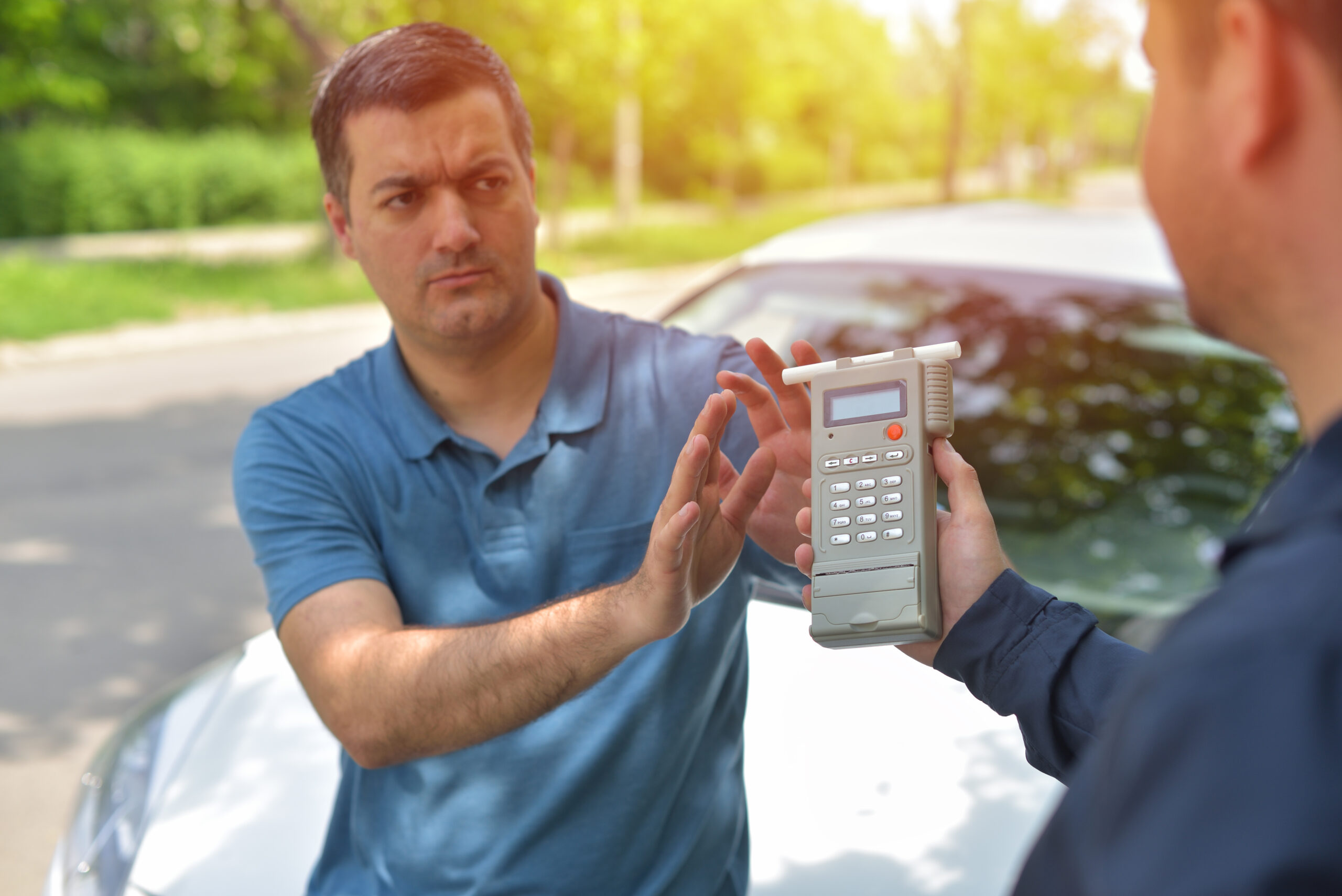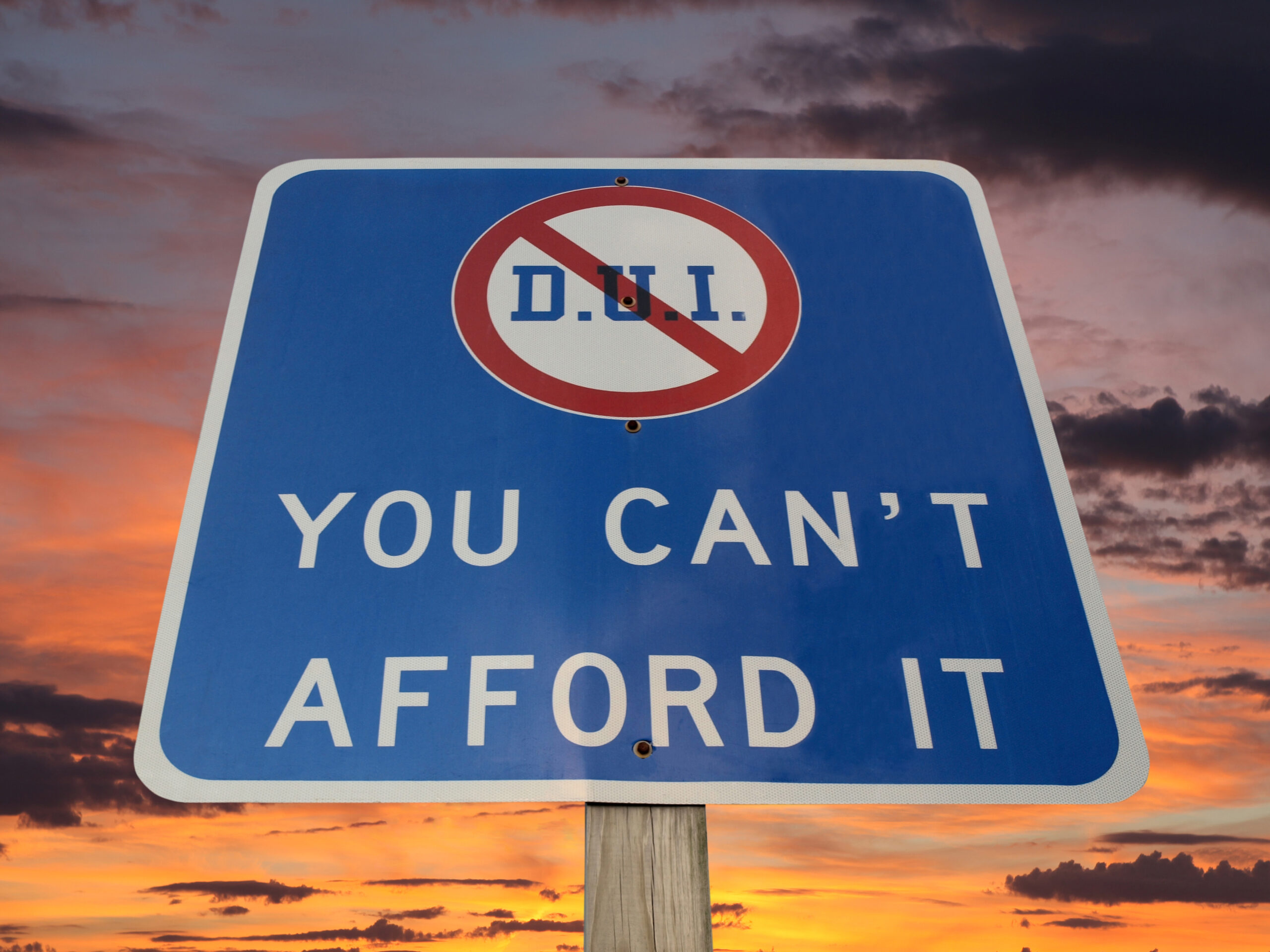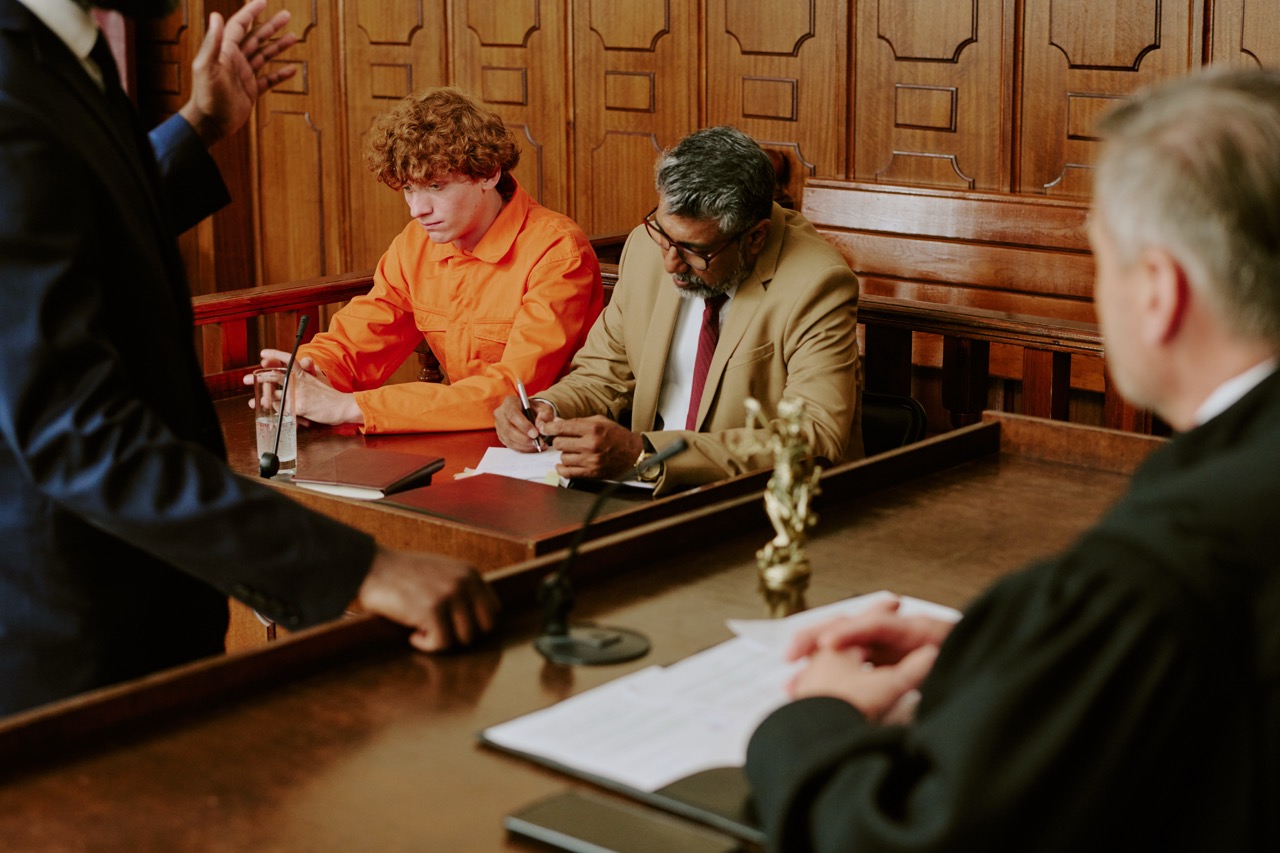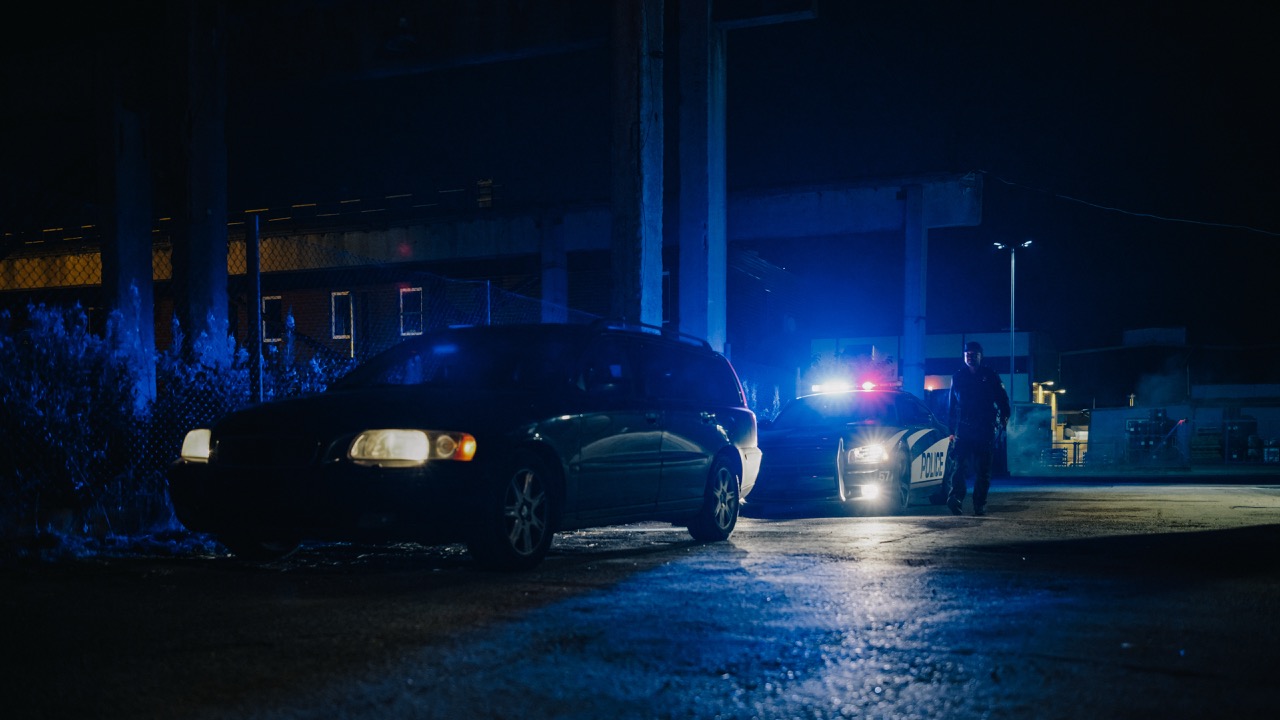Refusing a Breath Test in Pennsylvania: What You Need to Know About DUI Refusal Laws
Refusing a DUI test might seem like a smart move during a traffic stop. You may believe that without test results, the case will fall apart. In Pennsylvania, though, this choice can trigger serious legal and administrative consequences. Refusing a breath test is not just about avoiding evidence. It can result in license suspension, fines, and court complications.
Pennsylvania takes DUI enforcement seriously. State laws are designed to penalize refusal. Law enforcement officers are trained to proceed with cases even without test results. Prosecutors may use other signs of impairment to build their case.
If you are facing DUI charges after refusing a breath or chemical test, legal support becomes vital. McKenzie Law Firm, P.C. represents individuals in DUI cases across Montgomery County and the surrounding areas. Attorney David McKenzie builds defense strategies based on the facts of your case and current Pennsylvania laws. Understanding your rights and risks is the first step toward protecting your future.
What Is the Implied Consent Law in Pennsylvania?
In 2025, Pennsylvania still enforces its implied consent law. This law applies when you operate a vehicle on public roads. By driving, you agree to chemical testing if police suspect DUI. Chemical tests include breath, blood, or urine analysis.
Police must read the DL-26 form before requesting a test. This legal warning outlines the consequences of refusal. Refusing after this warning can trigger automatic license suspension. The law does not force you to take the test, but it allows penalties if you say no. Understanding this law is key. Drivers often believe they can refuse without consequences. In Pennsylvania, refusal is treated as a separate violation. Even if you are not convicted of DUI, your refusal alone can suspend your license.
Can I Refuse a DUI Test in PA?
Yes, you can refuse a DUI test in Pennsylvania. But the law allows the state to penalize you for doing so. Police cannot force you to take a breath or chemical test unless they have a warrant. However, your refusal can still be used against you in court.
Pennsylvania distinguishes between field sobriety tests and chemical tests. You are not required to take field sobriety tests. These include walking in a straight line or following a flashlight with your eyes. Refusing these may not carry penalties. But refusing breath, blood, or urine tests after arrest does.
Refusal also limits your defense options. Without chemical results, your attorney may face challenges disputing impairment claims. Still, an experienced DUI lawyer can question the stop, arrest, and officer’s conduct.
What Happens If I Refuse a Breathalyzer in PA?
Refusing a breathalyzer in Pennsylvania triggers immediate legal and administrative actions. Police officers report your refusal, and this report goes to PennDOT. The agency then starts the process of suspending your driver’s license.
For a first-time refusal, you face a 12-month license suspension. A second or third refusal brings an 18-month suspension. These penalties fall under the implied consent law in Pennsylvania. This law states that all drivers automatically agree to chemical testing by driving on Pennsylvania roads. You do not need to be convicted in court to face these penalties. The refusal itself is enough.
After your suspension, you may need to install an ignition interlock device on your vehicle. You must pay for the device and meet all reinstatement requirements. These may include DUI classes, restoration fees, and insurance proof.
Refusing a breath test does not stop police from charging you with DUI. If officers observe signs of impairment, they can still arrest you. In court, refusing a chemical test DUI Pennsylvania can be used as evidence. It may also increase penalties if you are convicted. Understanding the DUI refusal consequences in PA is critical. Speak with a defense lawyer right away to protect your rights.
DUI Refusal Consequences in Pennsylvania
Refusing a chemical test DUI Pennsylvania does not stop a DUI charge. Police can still arrest you based on signs of impairment. Slurred speech, red eyes, swerving, and the smell of alcohol or marijuana may support the charge. Dashcam or bodycam footage can also be used.
Prosecutors often use the refusal itself in court. They may say you refused because you knew you were impaired. This can hurt your case and make jurors suspicious. DUI refusal consequences in PA include both administrative and criminal penalties. If convicted of DUI after refusing a test, the court may impose stricter penalties. Judges may treat the refusal as an aggravating factor. This can mean more jail time, higher fines, or longer license suspensions.
If you have prior DUI charges or past refusing a breath test in Pennsylvania, the stakes go up. A second or third refusal often leads to an 18-month license suspension. You may also face felony-level charges if other factors apply. Your lawyer may argue you refused due to confusion or fear. But outcomes vary by case. A skilled DUI defense attorney can build a strategy that protects your rights and minimizes harm. Do not wait to get help.
License Suspension for Refusing Breath Test in PA
PennDOT handles administrative suspensions. Once police report a refusal, PennDOT begins the process. You receive a suspension notice in the mail. For a first offense, the suspension is 12 months. For a second or third, it rises to 18 months. This suspension is separate from any DUI court case. Even if you are found not guilty of DUI, the license suspension still stands. You must return your license and complete the suspension period.
You may appeal the suspension. Appeals must be filed quickly, usually within 30 days. During the appeal, you may request a hearing. A lawyer can help you prepare and present your case. The goal is to show the refusal was invalid or that your rights were violated.
Refusing Chemical Test DUI Pennsylvania: Blood vs. Breath
There are differences between refusing a breath test and a blood test. Breath tests are usually done at the police station. Blood tests often require medical personnel and may involve transport to a hospital. If you refuse a blood test, police may apply for a warrant. Courts often grant these quickly. Once granted, officers can compel a blood draw. Refusing after a warrant may result in additional penalties.
Blood test refusals carry the same license suspension penalties. They can also affect how your case is prosecuted. A blood test may show alcohol or controlled substances. Refusing may make it harder to dispute drug-related DUI charges. In all cases, refusing a chemical test gives the prosecution another tool. It creates an additional charge and may influence plea offers or sentencing.
Legal Consequences of Refusing DUI Test in Pennsylvania
Refusing a DUI test in Pennsylvania can lead to serious long-term effects. Even if you are not convicted, the refusal alone can impact your criminal record, job opportunities, and licensing status. In court, the refusal can be used against you. Understanding how these consequences work can help you prepare and protect your future. Here’s what you need to know in 2025:
-
Refusal May Be Used as Evidence in Court
In Pennsylvania, prosecutors are allowed to mention your test refusal during trial. They may argue that you refused because you knew you were intoxicated. This can influence how judges or juries see your case. The refusal may be seen as an attempt to hide the truth, which could lead to a harsher outcome in court. -
Impact on Employment and Background Checks
A DUI refusal can show up in a background check, even without a DUI conviction. Employers may view this negatively, especially if your job involves driving. Landlords or licensing boards may also take it into account. This can affect your ability to get or keep a job or housing in the future. -
Extra Scrutiny for Licensed Professionals
If you hold a professional license—such as for teaching, nursing, or commercial driving—a DUI refusal may trigger a review. While a refusal alone may not result in job loss, it can be a serious issue if paired with a DUI conviction. Licensing boards may investigate and impose penalties or suspensions. -
Fewer Legal Options Available
Refusing a DUI test can reduce your access to diversion programs like Pennsylvania’s ARD program. These programs often allow first-time offenders to avoid jail or a conviction. Your attorney can review your eligibility and argue for reduced charges or penalties, but refusal makes it harder to qualify.
How McKenzie Law Firm, P.C. Can Help
McKenzie Law Firm, P.C. provides defense services for DUI and criminal charges. Attorney David McKenzie has handled many DUI cases involving refusal. His legal strategies focus on your rights and the facts of your arrest.
The firm’s DUI defense service includes reviewing the legality of the stop, examining the police conduct, and evaluating the refusal process. If the officer failed to follow the DL-26 procedure or lacked probable cause, the case may be challenged.
Attorney McKenzie offers personalized representation. He explains each step, from PennDOT hearings to court dates. He serves clients across Blue Bell, Exton, and King of Prussia. Legal consequences after a DUI arrest can affect your license, job, and record. Seeking experienced legal help gives you the tools to protect your rights.
Refused a Breath Test in PA? Get the DUI Defense You Need Now
Refusing a breath test can lead to swift penalties—but it does not mean your case is over. At McKenzie Law Firm, P.C., we build strong defenses for those facing DUI-related charges. Attorney David McKenzie brings experience, focus, and personalized strategies to help you challenge the evidence and protect what matters most.
Take control of your case today. Safeguard your license, your record, and your future.
Contact Information:
Phone: (610) 756-1303
Email: info@davidmckenzielawfirm.com
Office Locations:
Blue Bell Office
325 Sentry Pkwy, Building 5 West, Suite 200
Blue Bell, PA 19422
Exton Office
600 Eagleview Blvd, Suite 300
Exton, PA 19341
King of Prussia Office
630 Freedom Business Center, 3rd Floor
King Of Prussia, PA 19406
Office Hours:
Mon–Fri: 8 AM – 5:30 PM
Sat–Sun: 9 AM – 12 PM (Call 24/7)
You don’t have to face DUI refusal charges alone. McKenzie Law Firm, P.C. is here to guide you—every step of the way. Call now to schedule your free consultation.






